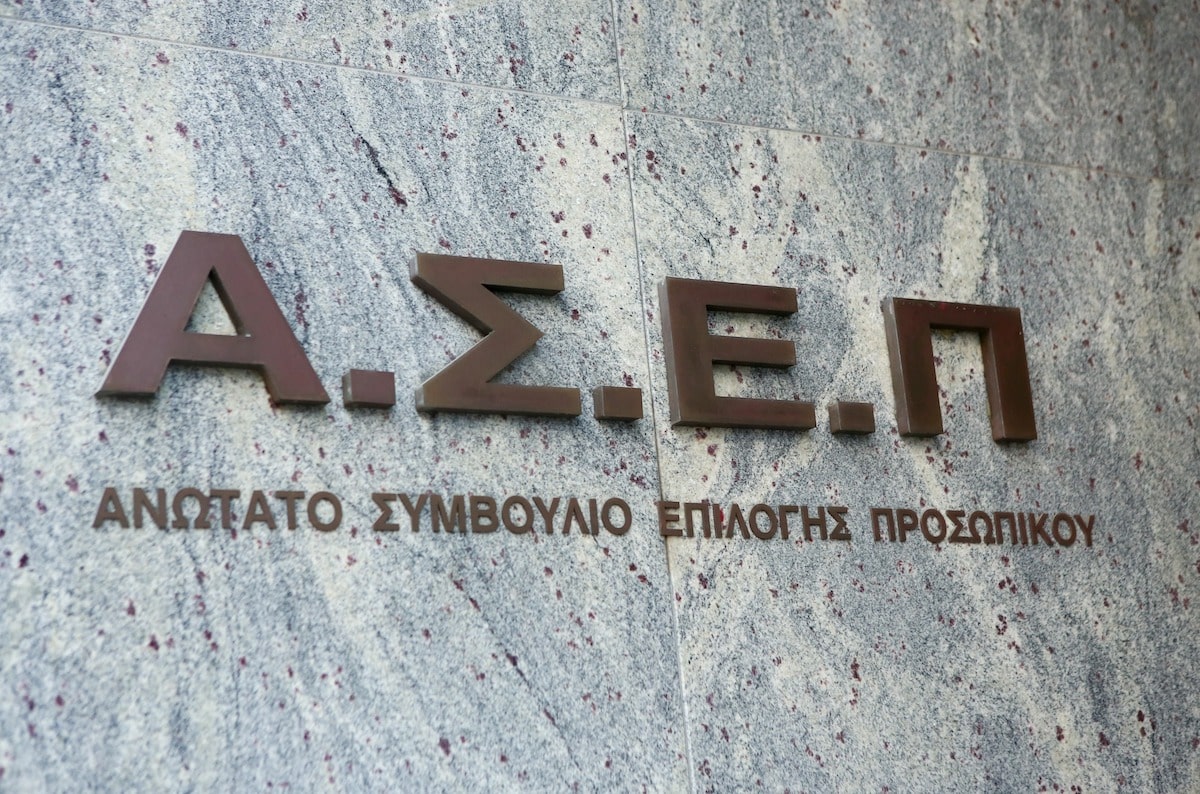
An invitation to participate in training programs exclusively related to the field of the environment is addressed by the Federation of Workers' Associations of Technical Enterprises of Greece (OSETEE). The project, Training and certification of knowledge and skills of employees in the field of the Environment, with the code 5003077, is part of the Operational Programme "Competitiveness, Entrepreneurship and Innovation 2014-2020", under the Operational Programme "Competitiveness, Entrepreneurship and Innovation 2014-2020", based on the project no. number EYD EPAnEK 5998/799/A3 (SAA: PSOZM465XI8-L4T) Decision for the inclusion of the Act in the specific OP.
The object of the act is to provide vocational training services and certification of professional qualifications and skills to 1,250 employees exclusively in the private sector of the economy regardless of the sector or business they are employed in (excluding the unemployed, self-employed and civil servants).
- Training to supplement and enhance knowledge in specialized thematic subjects and specialties, in order to improve their skills, as well as enhance their professional competence. Continuing vocational training programmes will have a total duration of 80 hours and will be implemented by certified training providers. Each Training Program will be implemented with one of the following training methods:
- Either with the method of conventional (face to face) training in the classroom
- Either with the method of blended learning, combining live / face-to-face classroom teaching with synchronous and asynchronous e-learning activities
- Or with the method of e-learning (synchronous and asynchronous tele-education).
- Certification by accredited certification bodies of persons, according to the international standard ELOT EN ISO / IEC 17024. Specifically, beneficiaries are given the opportunity to certify the qualifications / skills acquired by the training programs, through an assessment of their knowledge and ability, by accredited qualification certification bodies in accordance with the international standard ISO / IEC 17024. The participation of trained workers in the examinations for the certification of the knowledge and skills acquired in the subject matter they were trained is mandatory and is carried out after the completion of each training program.
The objects of training of the programs that will be implemented and the learning outcomes that will be certified to employees of the sector, emerged through processes of diagnosing the needs of the labor market and in particular based on the needs for the development of new skills and up-to-date knowledge of the employees in the sector and are:
- Compliance with environmental conditions in projects and activities
- Modern solid and liquid waste management systems
Each training program concerns theoretical training has a total duration of 80 hours and leads to the certification of the knowledge / abilities of the participants in the specialty of the program.
Employee training programs aim - in addition to providing specialized knowledge - to develop fundamental horizontal technical- professional and social skills for employees, in order to become more adaptive and "resilient" to the complex and constantly changing work environment in the field of the Environment. In this way, they will gain a significant comparative advantage in the development in their work.
- Compliance with environmental conditions in projects and activities 1. Environmental conditions in the installation and operation of units
Introduction – legislation and regulatory framework
Classification of individual industrial activities
Implementation of new production standards and adoption of trends of environmental awareness
Tools for checking environmental terms
- Environmental conditions for civil engineering and other infrastructure projects
Introduction – legislation and regulatory framework of technical projects
Introduction – legislation and regulatory framework of technical projects
Improving environmental performance Modern technologies for the recovery and utilization of recycled materials
- Financing of environmental projects and activities and environmental objectives
Introduction – Funding opportunities for environmental projects
Environmental protection – Circular economy
Methods for achieving environmental objectives
- Special Environmental Terms in the design, implementation and supervision of projects - Environmental impact studies
Categories of projects and activities for environmental permitting
Environmental impact assessments
Approval and monitoring of environmental conditions Standard environmental commitments
- Monitoring of indicators and quality of recipients Monitoring of environmental indicators
Waste management in accordance with environmental conditions
Measurements of environmental parameters
Operation control of environmental installations
- Modern solid and liquid waste management systems
1. Modern wastewater management technologies
Definitions – legislation and regulatory framework – Existing wastewater management techniques
Presentation of new technologies - Fields of application of new modern technologies
Analysis of characteristics and description of modern technologies
The comparative presentation of old and new – modern methods – Regulatory framework and existing legislation
Appropriateness of application of old and modern processing methods Procedure and ways / parameters of selecting the appropriate method regarding the particularities of each unit - technique - method
Importance of choosing the appropriate processing method and its proper design in terms of the characteristics, size and viability of a business / unit
Conclusions - Examples and exercises
- Modern solid waste treatment technologies Definitions – legislation and regulatory framework – Solid waste treatment targets
Existing treatment methods
Classification and fate of solid combustion, pyrolysis products
- landfill with hazardous waste standards
- Landfill after solidification
- recovery of ferrous metals
- Use as raw material in the cement industry
- various construction uses (manufacture of soundproofing elements, ceramics, etc.)
Modern management and treatment methods (e.g. production of compost and landfills) Evaluation (environmental and economic) of compost and its applications Combination of existing and modern processing methods - benefits that arise
The project "Training and certification of knowledge and skills of workers in the field of Environment" is co-funded by the European Union ( European Social Fund (ESF) and Greece and its implementation will cover all the geographical regions of the country.
The submission of applications and supporting documents by candidates interested in participating in the act "Training and certification of knowledge and skills of employees in the field of Environment" has started from Thursday 12/08/2021 with a deadline of Friday 03/09/2021.




